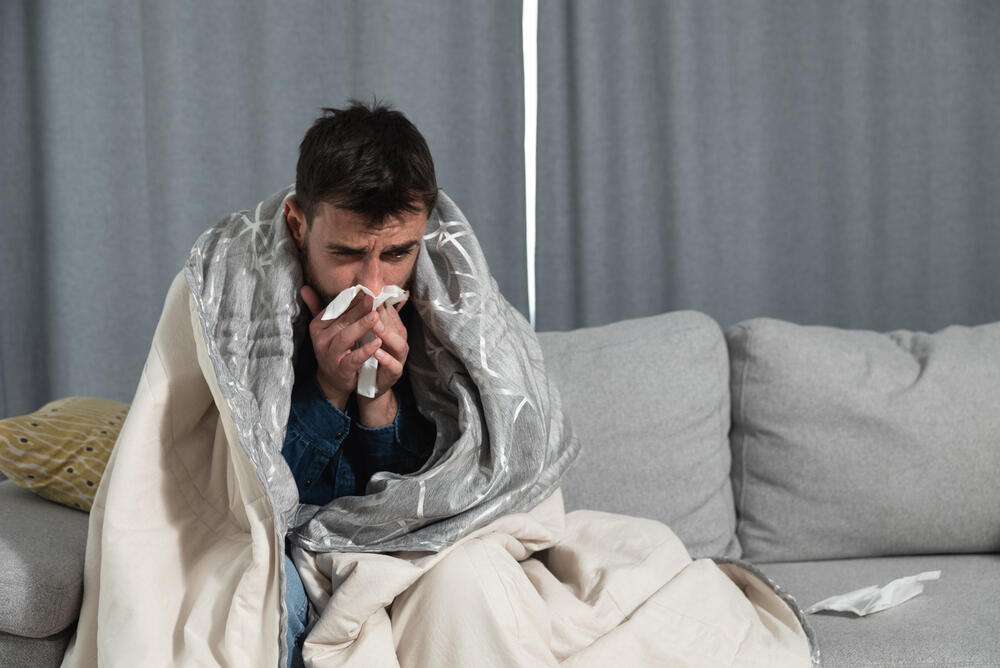Although there is some research showing differences in how men and women react to colds, it shouldn't make a big difference.
When a man has a cold, you'd think it was some serious illness. He lies on the couch in agony, he can't do anything (not even go to the doctor), he simply surrenders to fate. For women, it's a little different – they drink the medicine and go to work.
Is there a specific reason for this or is it just a stereotype?
Some experts say that men and women may actually react differently to the common cold, and research suggests that men may have more symptoms than women when they have a cold. Webmd.
When it comes to colds, there can be some gender influence. The female sex hormone estrogen slows down the rate at which the virus reproduces, which can lead to fewer symptoms. The flu virus may not spread as quickly in women because of estrogen and the way a woman's body reacts to it. Studies haven't shown whether the same is true for the common cold virus, says Kim Templeton, MD, a surgeon at the University of Kansas Hospital who has done extensive research on gender differences in health.

He also points out that the part of the brain that controls body temperature is larger in men because of testosterone, the Ordinacija reports.
This can lead to higher temperatures in men than in women, says Templeton.
But these things may not have a big impact on dealing with diseases. Aaron E. Glatt, MD, chairman of the department of medicine at South Nassau Communities Hospital says there are small but not significant differences in the immune makeup of men and women.
Cultural factor
Cultural factors play a big role, according to Pollack, author of "Real Boys: Rescuing Our Sons from the Myths of Boyhood." He explains that, historically, men have been taught to think they must be "infinitely capable and always successful."
"So if we get any disease, we make a big deal out of it because it seems like a big deal. That causes even bigger problems because we're supposed to be infallible," he says.
In other words, a man must think that his cold is a step to death, otherwise it shouldn't bother him - and of course it does - so he exaggerates.
Bonus video:





